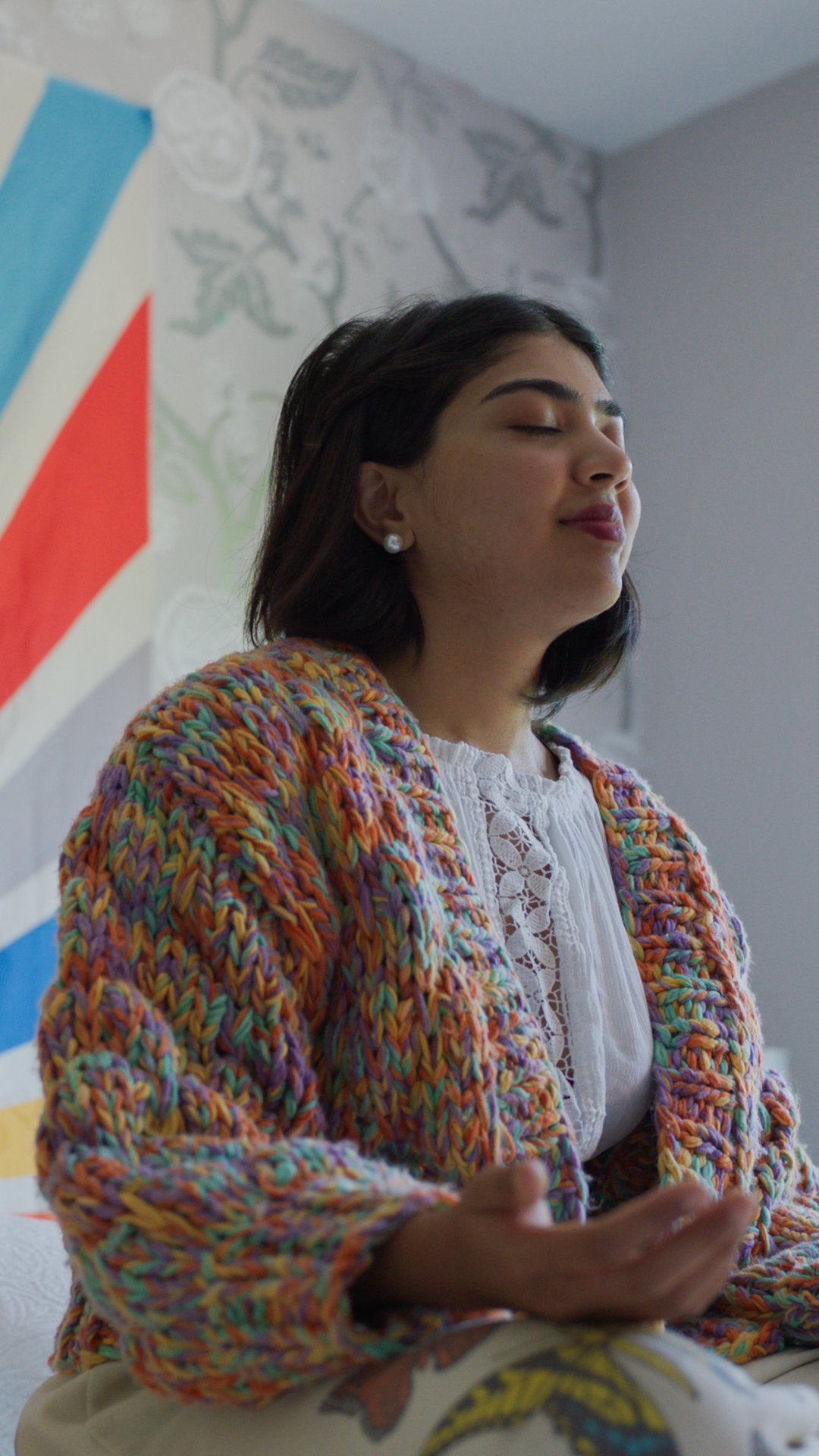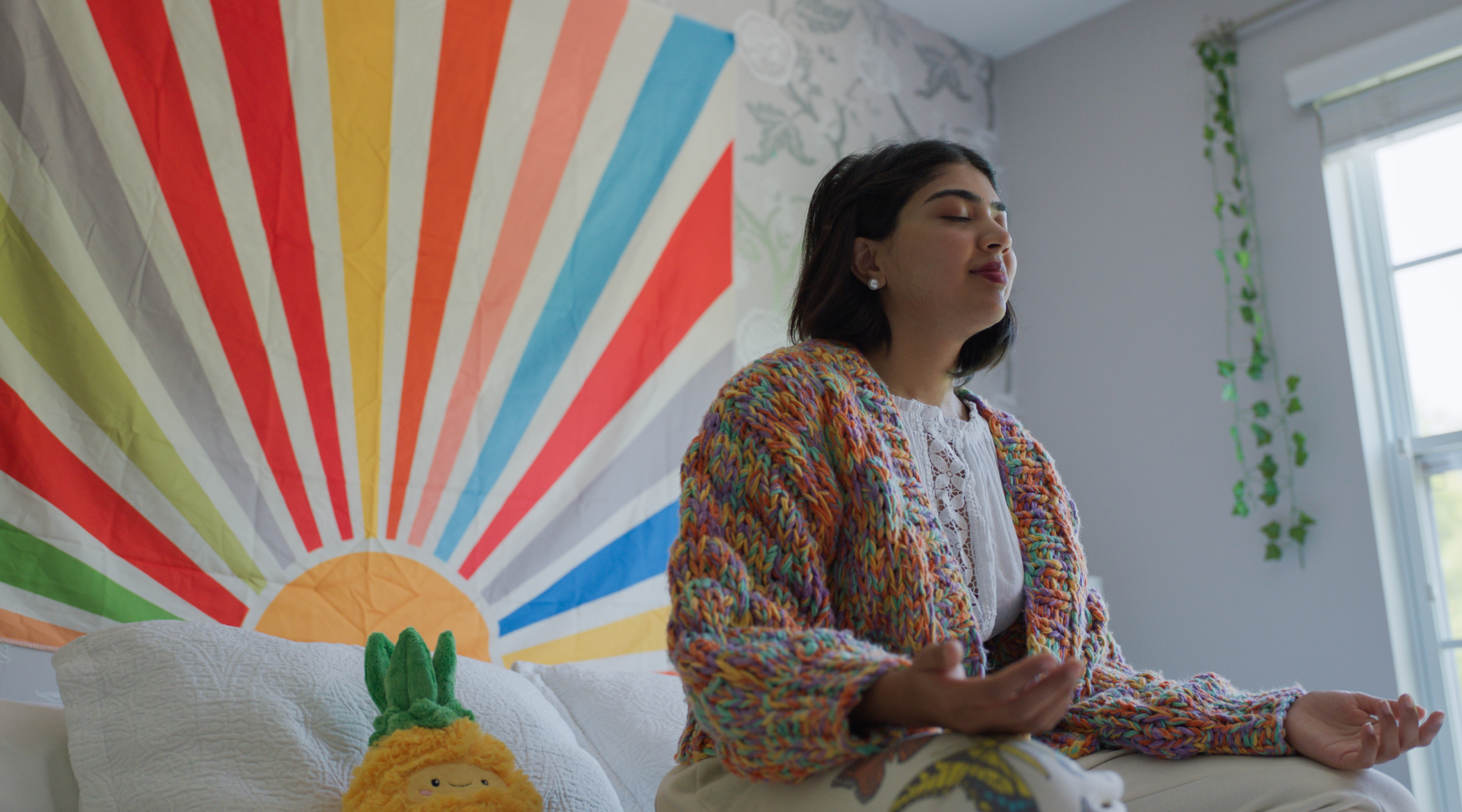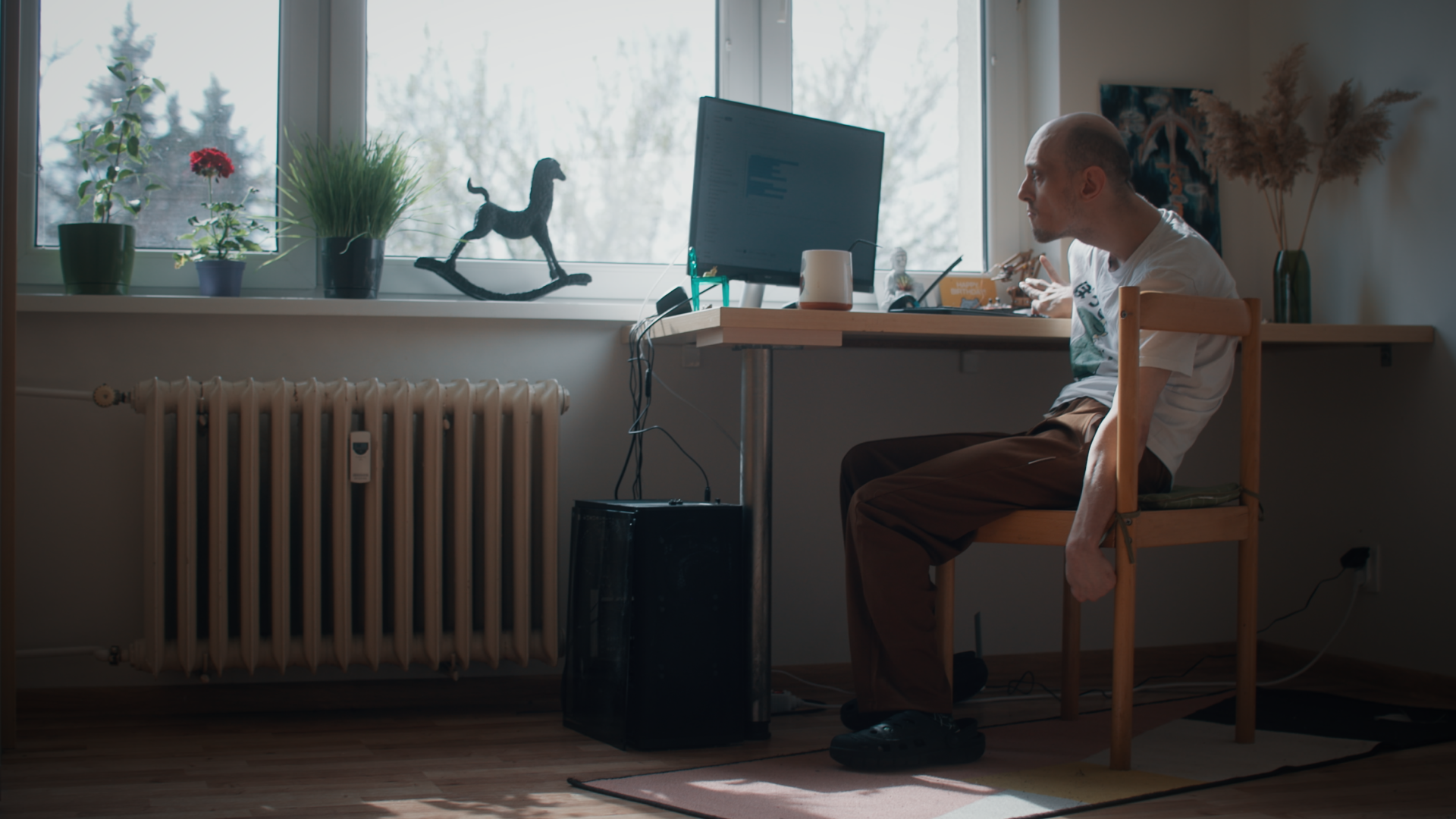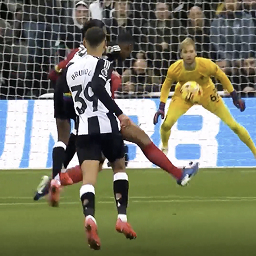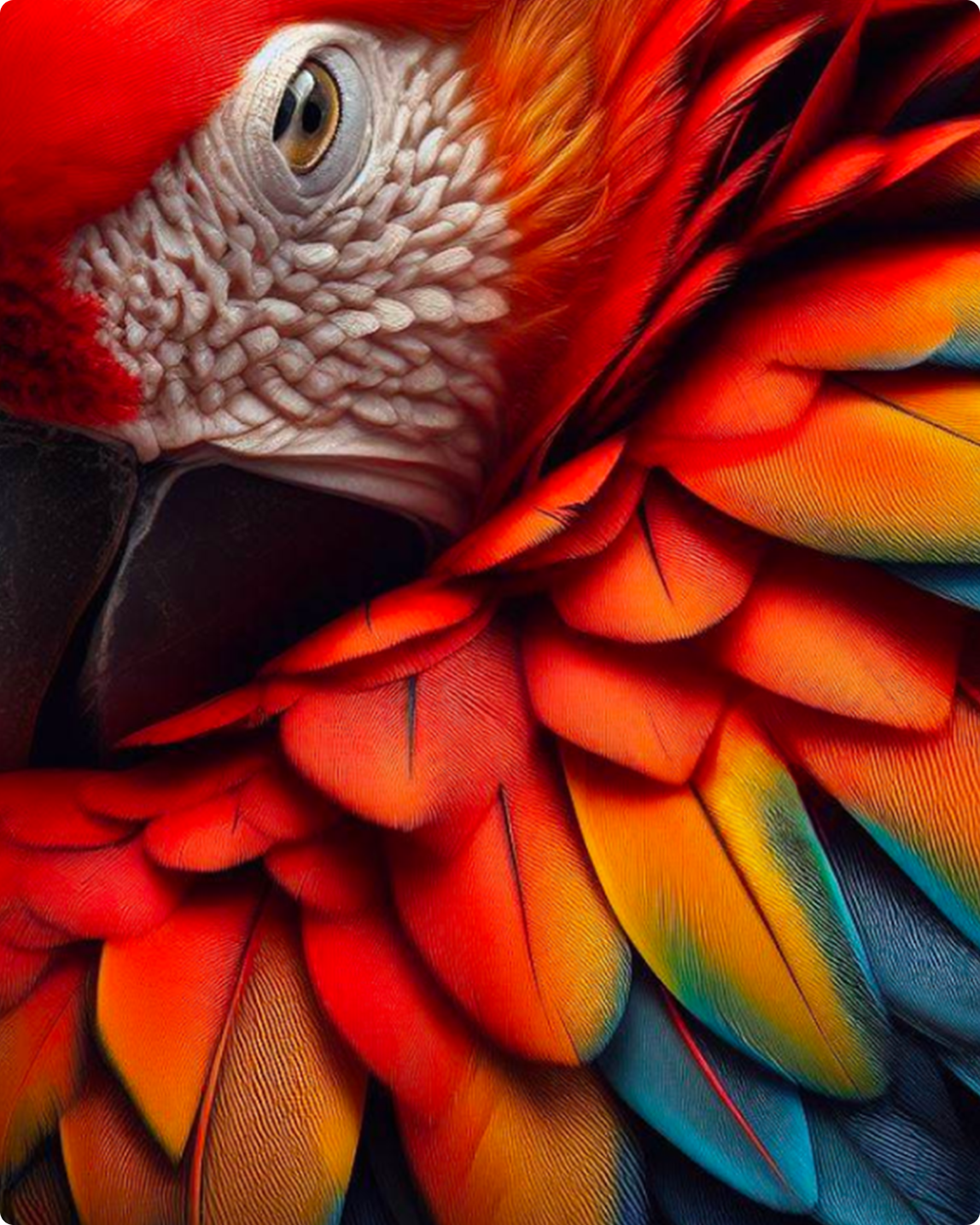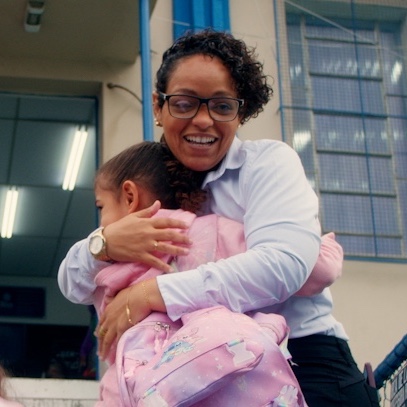When Judah Friedman’s family relocated to Chicago, Judah experienced something he’d never felt before: severe anxiety. He was ten years old at the time, and many of the fears people experience around moving like being in an unfamiliar place and making new friends, were overwhelming for him. These feelings were like a monster, always trying to make him believe negative things that weren’t true.
After his family got settled, Judah realized that a good strategy for conquering anxiety was to write his feelings in a journal. At his new school, one of Judah’s teachers assigned a personal narrative essay, and Judah wrote about his experience with moving and the surrounding anxiety. His teacher and classmates thought the essay was really good, and because of the positive response, Judah wanted to turn the story into a book to reach a larger audience. He asked his dad if he’d like to be the illustrator.
When Jon Friedman, Corporate VP of Design and Research at Microsoft, heard his son wanted to write a book, he was immediately excited to help bring Judah’s story to life with AI. Using his extensive design background that includes AI products, Jon combined DALL-E art with Photoshop to help turn Max & The Purple Anxiety Monster into an illustrated book.
In the book, the Purple Anxiety Monster is always in the background, feeding on Max’s fears as he moves across the country with his family, scaring him with thoughts of never being able to make new friends. Judah’s favorite color is purple, and he thought that using this color would be an effective way to put a face on the feeling, making it easier to understand and confront. When Max makes a new friend named Ethan, the feeling of acceptance eases Max’s anxiety, giving the monster less power.
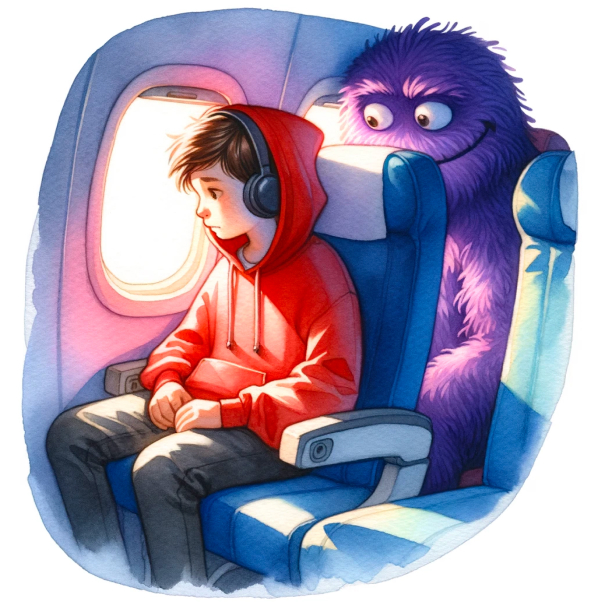
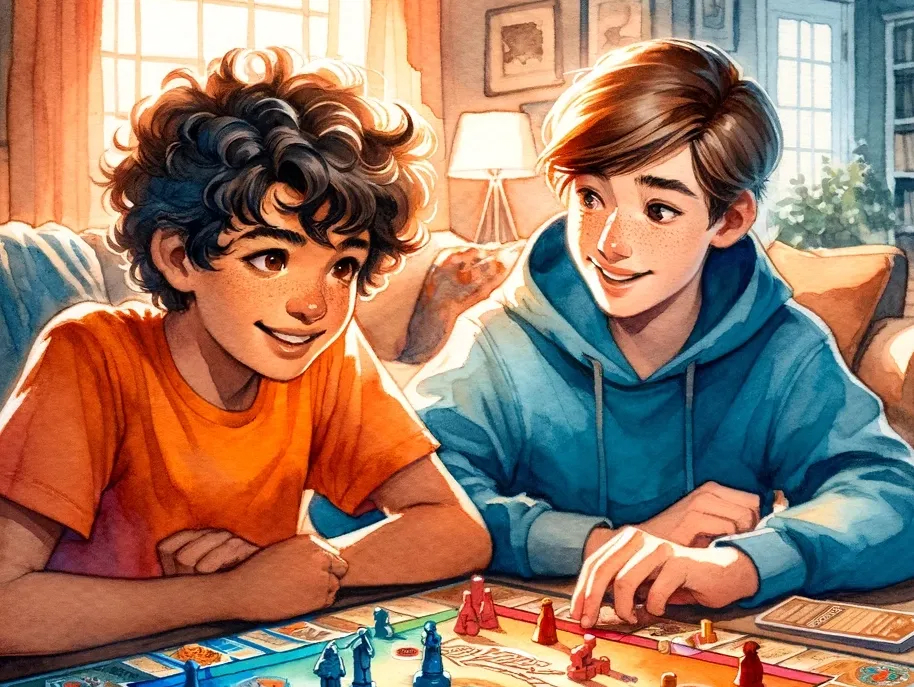
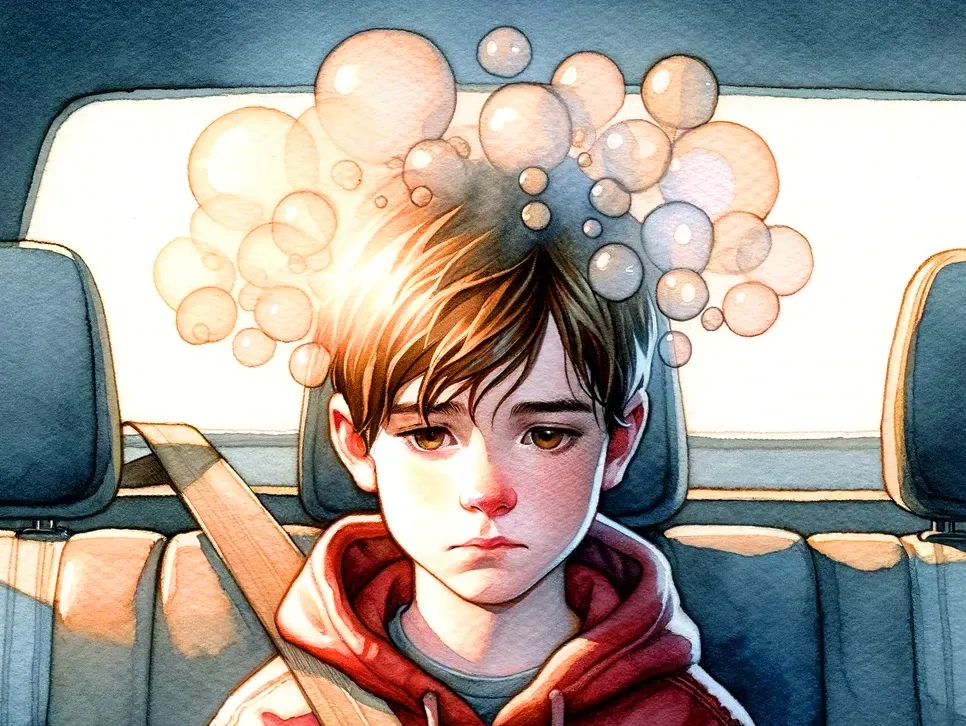
A commitment to collaboration
Originally, the father-son duo ran the first draft of the story through ChatGPT to get some insight into creating a children’s book. They received suggestions for crafting the book like pacing, story beats, and number of pages. From there, Judah worked with his mom and therapist to further develop the storyline.
Jon’s advice for anyone wanting to use AI to illustrate a book or project is to understand that it’s not meticulously crafted sentences that are the most effective AI prompts, but attention to the richness of detail. Speaking yields much better outputs because AI responds well to the nuances and complexities of speech, and will organize any thoughts that seem out of order. Iterative refinement is a crucial part of the process, but simply requesting another image with minor adjustments doesn’t usually work. The best strategy is to access the AI-generated detailed prompt behind the image, tweak it, and resubmit. And then you can refine the final images to align with the desired outcome.
Making Max and the monster
Jon created more than 1000 illustrations to make the story come to life. The biggest challenge was the need for consistency to ensure characters maintained uniform clothing, physical attributes, drawing style, and more.
Jon’s first prompt was straightforward and simple, describing the characters he wanted to create:
I am working on a childrens book with my son called max and the purple anxiety monster. can you create consistent charecters for both Max and the purple anxiety monster?
It took many turns before the illustrations represented what Jon was trying to achieve. This endless attention to intricacies meant accepting the closest approximation and fine tuning the edits with Adobe Photoshop. Jon eventually narrowed the selection to the 20 illustrations found in the book, which he admits was a Herculean task.
How to make your own
Bring your characters to life with AI in Microsoft Copilot, and remember to use your imagination to the fullest. A good image takes iterating, so don’t be afraid to play. Swap out words, add more descriptions, and make it your own.
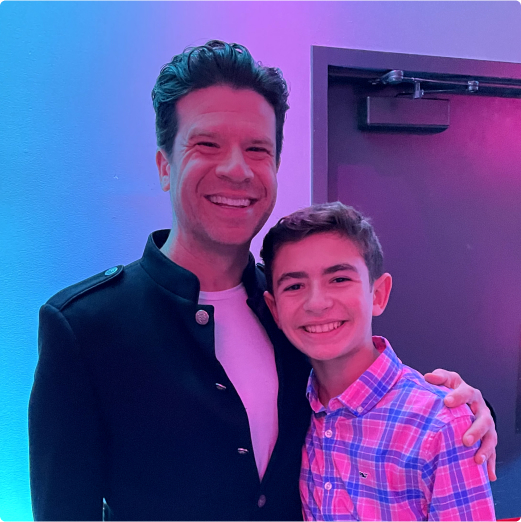
Reaching kids everywhere
After the book was complete, Judah and his dad were both really excited to see it in print, and the sense of accomplishment was wonderful for them and the people around them. They planned to keep one book for their house and two more for Judah’s grandparents, but the interest and encouragement they received from friends and family made them want to share it with others. Max & the Purple Anxiety Monster is now available through major booksellers.
The way AI helps illustrate our ideas feels like magic.
Jon sees AI as a tool that can potentially be used to bridge gaps and foster deeper human connections. He envisions AI as playing a pivotal role in healing societal divides and bringing people together over shared values and concerns. His focus at Microsoft is to develop AI technologies that empower people to forge deeper relationships with each other. Judah and Jon’s collaboration demonstrates the importance of offering parental support to children dealing with anxiety, and hopes the story will reach and help other children in similar situations.
There are many strategies to manage anxiety that include seeking help from professionals and self-care. Positive self-talk, journaling, staying busy with activities you love, and talking to friends and family are effective ways to cope and find support. You’re not alone. For more information, visit the Anxiety and Depression Association of America.


